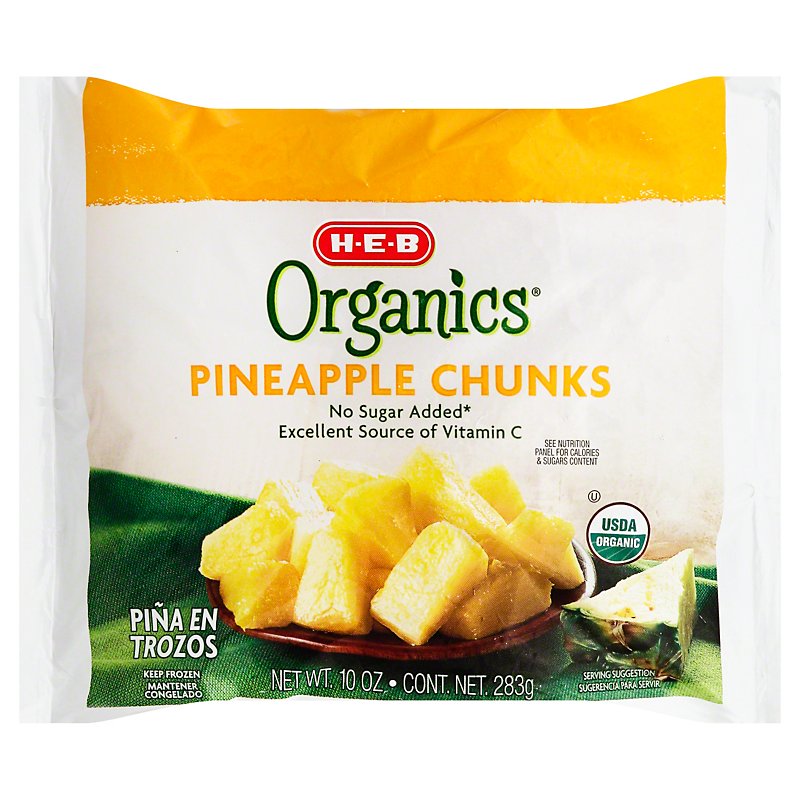
Organic frozen foods offer a convenient and healthy meal option without sacrificing quality or taste. They're also a great way to support sustainable practices.
Organic foods are produced from plants and animals that were raised without using toxins or hormones. They're also free from pesticides and antibiotics.
Examples of Organic Frozen Foods
Organic frozen foods are a great option when you need a quick, healthy meal. These products are made without preservatives and are full of vitamins, minerals, and fiber.
Applegate Organics, for example, offers a variety of frozen meats. The company's That Great Organic Blend Burger, for instance, is made with organic grass-fed beef and other organic ingredients.
Chopped vegetables, such as carrots, are another popular choice. They're a great way to boost your daily vegetable intake and cut down on preparation time.
The USDA considers vegetables to be certified organic if they are grown in soil that isn't treated with chemicals. This helps to reduce pesticide and chemical runoff.
Frozen fruit and vegetables are an excellent option for restaurants as they have a longer shelf life than fresh produce, saving you money in the long run. They also preserve nutrients better, which can lead to a higher quality product that's more likely to meet your customers' nutritional needs.
Convenience
When you're running low on time or just don't feel like cooking, organic frozen foods provide a convenient and healthy meal option. You can have them ready to eat in minutes, and they are packed with all the nutrients you need to keep you feeling good.
According to the American Frozen Food Institute, frozen foods are one of the fastest-growing categories in grocery stores. In 2020, sales increased 21 percent in both dollars and units, per IRI data.
A new trend in the frozen aisle is a move toward better-for-you, culinary options that incorporate nutrient advantages alongside taste. This is attracting a broader clientele seeking health and flavor.
Health
If you're looking for a way to boost your healthy diet, organic frozen foods can be a great choice. They're inexpensive, convenient and offer a variety of healthful foods from each food group.
Frozen fruits and vegetables, especially berries, are also a great source of antioxidants. They contain polyphenols, lutein, beta-carotene and anthocyanins.
However, it's important to note that some nutrients don't freeze well. For instance, levels of beta-carotene in carrots decreased in a recent study.
Fortunately, organic frozen fruit and vegetable products can retain most of their nutritional value. IQF fruit and vegetables maintain their natural nutrients and the carbohydrate, protein and fibre levels they contain.
Lifestyle
Organic frozen foods can be an excellent addition to your diet. They are full of healthy nutrients such as Chromium, Selenium and Boron which can help in avoiding nutrient deficiencies.
They are also low in fat and sodium and have a lower percentage of calories. They are an excellent choice for people who are trying to lose weight and are looking for a healthy and nutritious option.
Buying fresh fruit and vegetables can be expensive, so it is better to buy them in the frozen state. This is due to the fact that frozen fruits and vegetables are packaged at their peak of freshness, retaining most of their nutrients.
The frozen foods industry is undergoing a renaissance as health-conscious shoppers seek out more nutritious options that can be easily prepared and enjoyed at home. Frozen meals, ice creams, snacks and frozen vegetables are among the fastest-growing products in the natural frozen food aisle.
Frequently Asked Questions
What are the benefits to organic farming?
Organic farming offers farmers a method of growing food that doesn't require the use of chemicals. Farmers don't have worry about whether harmful pesticides are affecting their crops or animals.
Organic farming allows for natural fertilizers to be used. These fertilizers help to grow healthy plants and help to reduce the amount of chemical waste produced.
Organic farming is also eco-friendly. To recycle nutrients back into soil, farmers often resort to composting. This reduces pollution and preserves valuable resources.
Organic farming is good for the environment and increases crop yields. This is because organic agriculture uses less water in the growing season.
Organic farming methods can also result in higher prices for farmers' produce. Consumers who are more aware about the dangers associated with pesticides, chemical fertilizers, and other chemicals will choose healthier foods.
This leads to a greater demand for organic food products. Organic farming is growing in popularity.
How can I determine if my produce was organic?
These three labels can help you make sure you're buying organic produce.
USDA Organic Certified- This product has been certified organic by the USDA.
Certified Naturally Grown: Produce that has been grown in accordance with organic practices, but has yet to receive certification from USDA.
Pastured/Free-range - Made from animals that graze on grass and herbs outdoors.
These labels signify that the product meets a specific set of criteria.
- No synthetic pesticides and fertilizers
- No genetically altered organisms
- Animals are not given antibiotics.
- Animals are not ever given hormones.
- No growth-promoting drug
- No feed additives
- No artificial ingredients
- No irradiation
- No sewage sludge
- GMOs not allowed
- No antibiotics ever given
- No hormones ever given
- No growth-promoting drugs
- No feed-additives
- No artificial ingredients
- No sewage effluent (if it isn't a GMO).
- No irradiation
I hope you found this article helpful.
Does organic mean it is pesticide-free?
Organic food is free from pesticides and chemical fertilizers. This means organic food is free from pesticides and fertilizers.
Because organic produce is free of harmful additives, it also has more nutrients than conventionally grown foods.
The USDA National Organic Program (NOP), requires that farmers follow strict guidelines when growing organic crops.
These guidelines cover soil preparation, crop rotation and pest control. They also include water conservation and harvesting techniques.
Organic farming methods also benefit wildlife and natural environments.
What are organic foods?
Organic produce does not contain synthetic fertilizers, pesticides and sewage sludge. It is also grown without irradiation or genetic engineering. There is no use of growth hormones and no animal testing. These crops are allowed natural growth, so farmers don't use chemicals to kill pests and weeds.
Organic farming practices preserve soil quality and help conserve water resources. In addition, organics are better for our health because they contain more nutrients than conventional food. Organic products tend to be higher in fiber and lower fat than conventionally produced foods.
Statistics
- When packaged products indicate they are “made with organic [specific ingredient or food group],” they contain at least 70% organically produced ingredients. (usda.gov)
- To provide the highest quality products and services to every customer, with a dedicated workforce that puts the customer first and takes the extra step to achieve 100% customer satisfaction and loyalty. (hollinsorganic.com)
- Nutrients like omega-3 fatty acids were up to 50 percent higher in organic meats and milk than in conventionally raised products.[3] (en.wikipedia.org)
- According to a study performed by consumerreports.org, organic products, compared to non-organic products, ranged anywhere from 13 percent cheaper to 303 percent more expensive. (en.wikipedia.org)
External Links
ncbi.nlm.nih.gov
- Evaluation of the micronutrient composition of plant foods produced by organic and conventional agricultural methods - PubMed
- Comparison of the total amount of phenolic and/or ascorbic acids in freeze-dried and dried marionberry, strawberry, or corn grown using conventional and organic agricultural practices - PubMed
ams.usda.gov
ecfr.gov
ewg.org
How To
How to afford Organic Meat even when on a Budget
In this article, I will share my tips and tricks for buying organic meat without having to break the bank.
Here are my tips for finding cheap organic meats. I'll also tell you how much each pound costs. You will learn how to make the best out of what you purchase.
For healthy eating, you don’t have to spend a lot. Sometimes, it takes a bit of creativity to save money while eating well. Here's my list of ways to keep your food costs down while enjoying organic meat's benefits.
- Buy bulk food at wholesale clubs. Sams Club and Costco both offer great options for buying bulk foods like pork chops and chicken breasts. You can often find deals on large quantities (up to 50 pounds) if you live close to one of these stores. This will ensure that you don't waste any meat. It's also possible to freeze meat purchased in bulk so that it lasts longer.
- Shopping online is easy - There are tons of websites that sell meat at reduced prices. Amazon, for example, offers Prime Pantry, a weekly deal that includes free shipping on orders greater than $35 There are discounts on roasts, ground beef and lamb steaks as well as pork loins. You can easily browse their website to see what is available at different times.
- Find a local farmer - Local farmers usually charge less than big box retailers because they do not pay considerable fees to stock their shelves. They also know what their animals ate and drink so they can tell exactly what is inside.
- Look for meat cuts that are leanest - Lean meat is generally cheaper to cook than fatty meat. You should always look for the best cuts. The most popular are sirloin or flank steak, tenderloin roasts, top round steak, and top roast steak. These cuts have high protein and low fat.
- Try new recipes. Cooking with new ingredients is one of the best ways to cut your grocery bills. You may be amazed at the variety of delicious dishes that you can make with fresh tomatoes, onions garlic, olive oil and spices.
- Remaining meat and poultry can be used for sandwiches, salads or soups. It's easy to make quick lunches and dinners with leftover meat.
There you have it! So there you have it! My list of tips for getting organic meat without breaking the bank. Do you have other tips? What other tips do you have for me?
Resources:
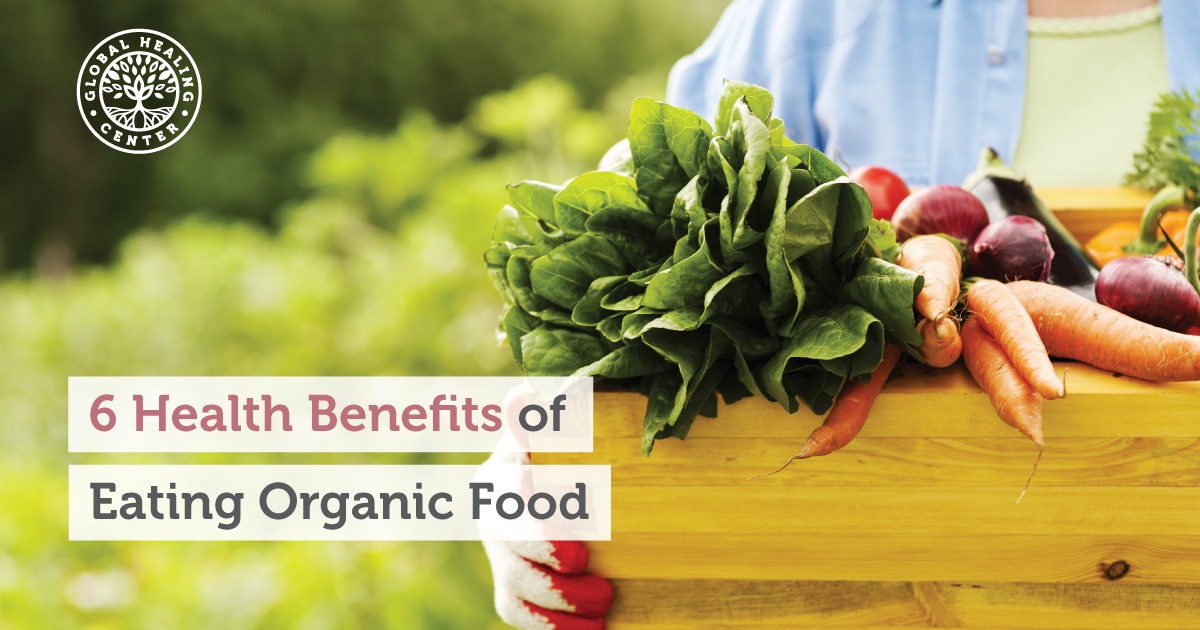 |
Nuts and SeedsNuts and seeds are nutrient-rich crunchy tidbits that add a protein, fiber and healthy fat punch to meals and snacks. They’re also a great source of.. |
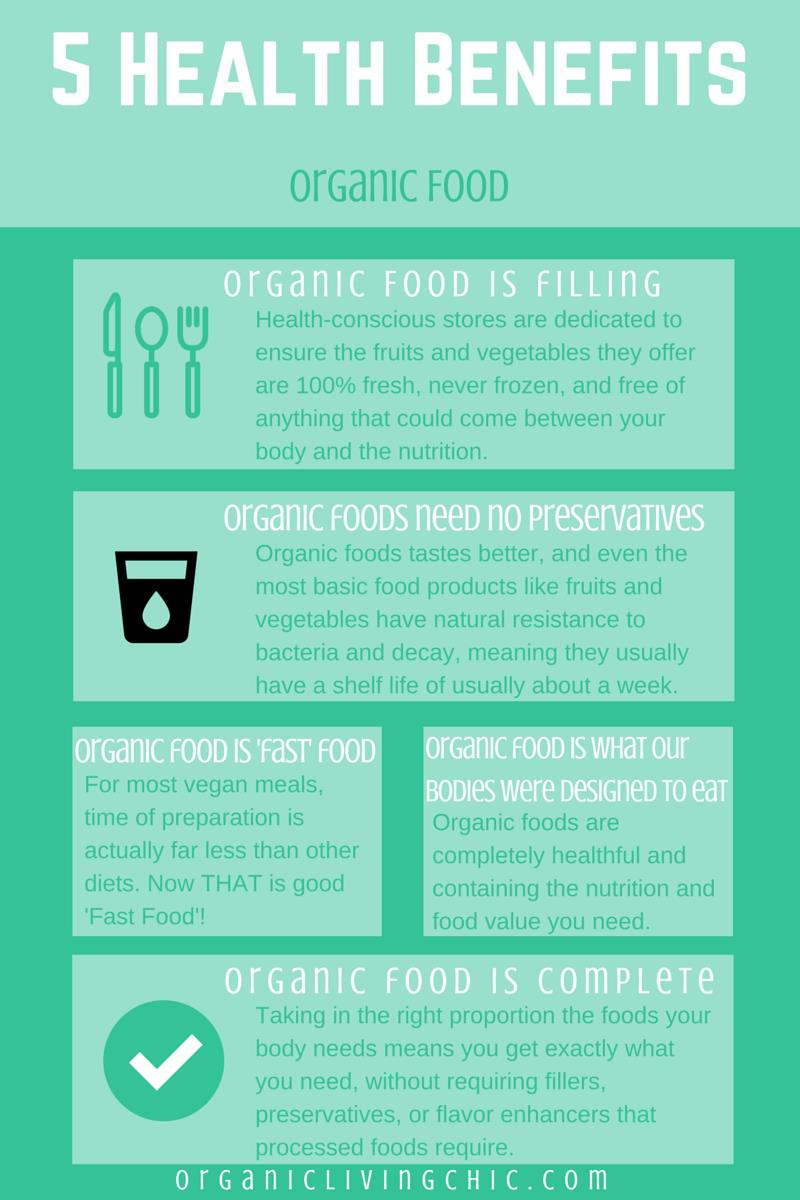 |
Organic Food For A Six Pack? The TRUTH About Organic vs Conventional Foods!Get ripped and keep your strength: http://goo.gl/uLzHn6 Hey guys, it's Clark over at Six Pack Shortcuts and today we're gonna talk about organic vs |
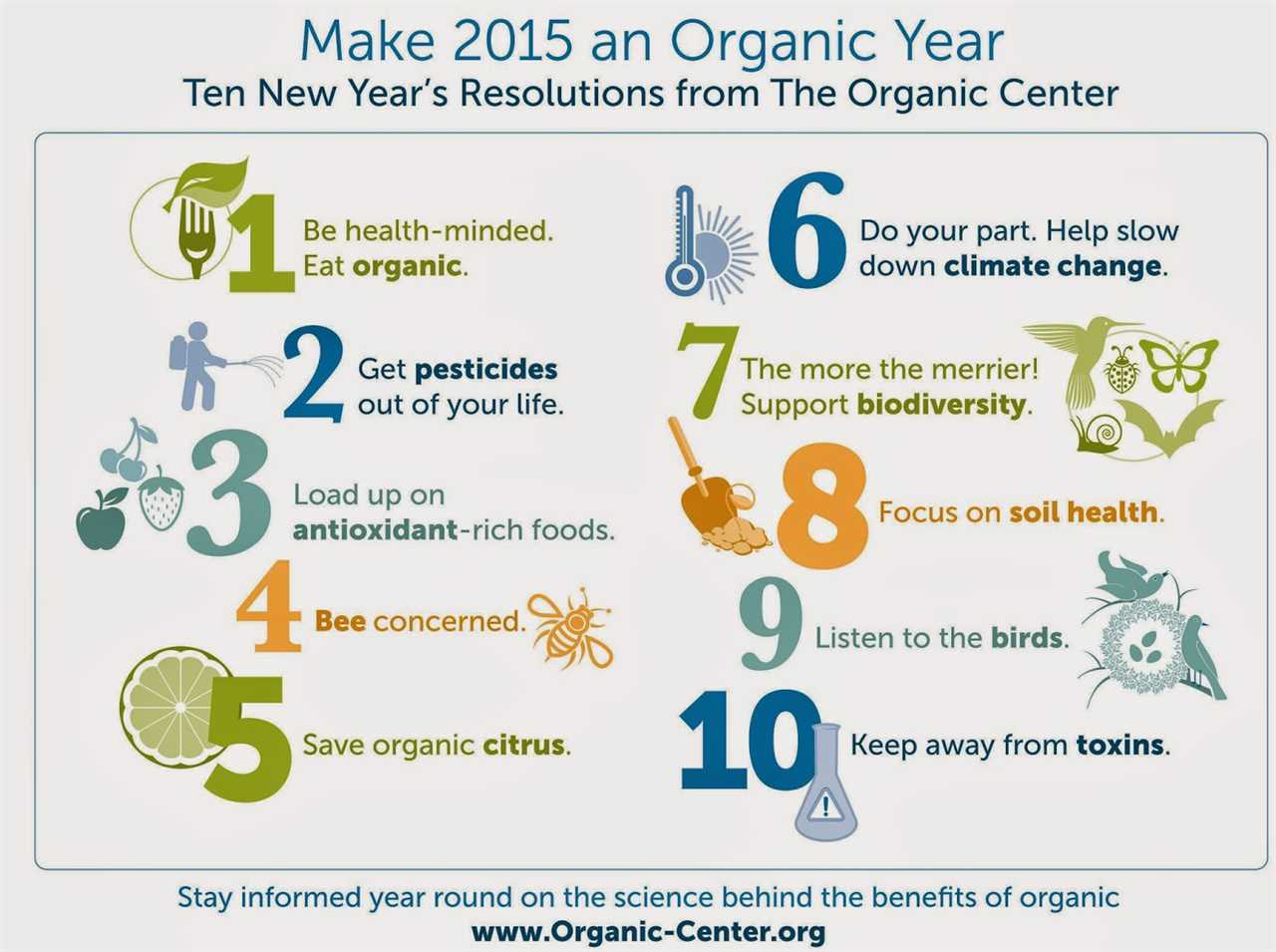 |
Organic vs Conventional Produce - The Dirty Dozen & Clean 15 ExplainedClick https://skl.sh/flavcitywithbobbyparrish to get 2 months of Skillshare for FREE! Here is a full review of the dirty dozen fruits and vegetables and |
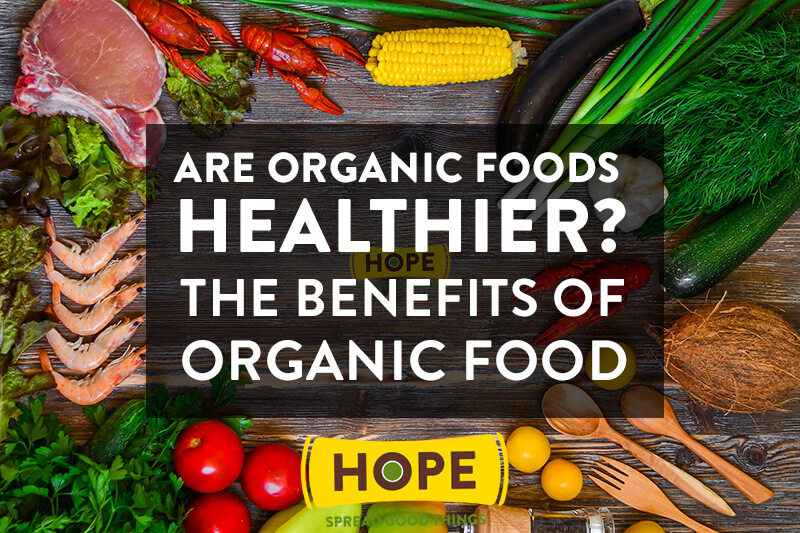 |
Are Organic Foods Really Healthier?It's widely believed that organic foods are more nutritious and safer than non-organic foods, even though the evidence is far from clear. Food certified as |
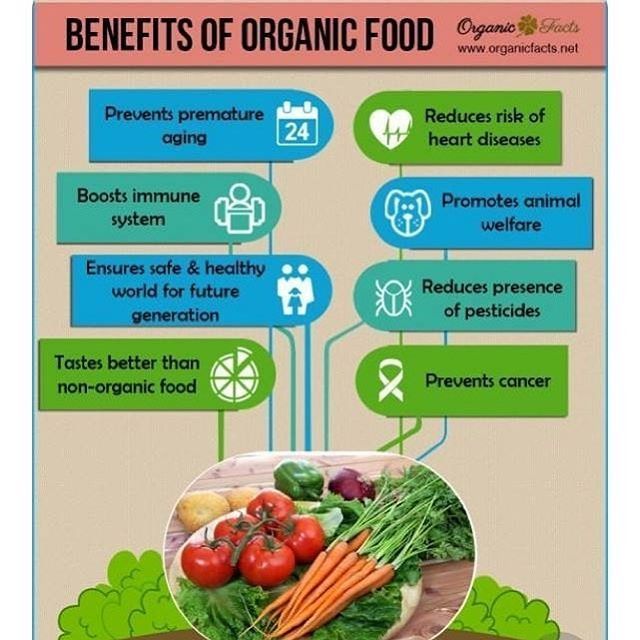 |
Are GMOs Good or Bad? Genetic Engineering & Our FoodAre GMOs bad for your health? Or is this fear unfounded? OUR CHANNELS German Channel: https://kgs.link/youtubeDE Spanish Channel: |
 |
How the food you eat affects your brain - Mia NacamulliView full lesson: http://ed.ted.com/lessons/how-the-food-you-eat-affects-your-brain-mia-nacamulli When it comes to what you bite, che […] |
 |
Is Buying Organic Food Worth The Cost?Subscribe to Goodful: https://bzfd.it/2QApoPk Goodful Goodful Feel better, be better, and do better. Subscribe to Goodful for all your healthy self care |
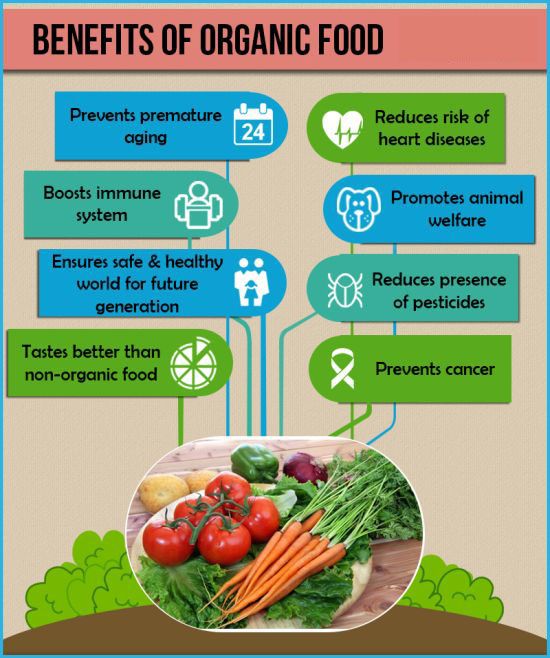 |
Benefits of Choosing Organic Gluten-Free OptionsIf you’ve been diagnosed with gluten sensitivity or celiac disease, you know how hard it can be to avoid foods containing wheat and other grains. But |
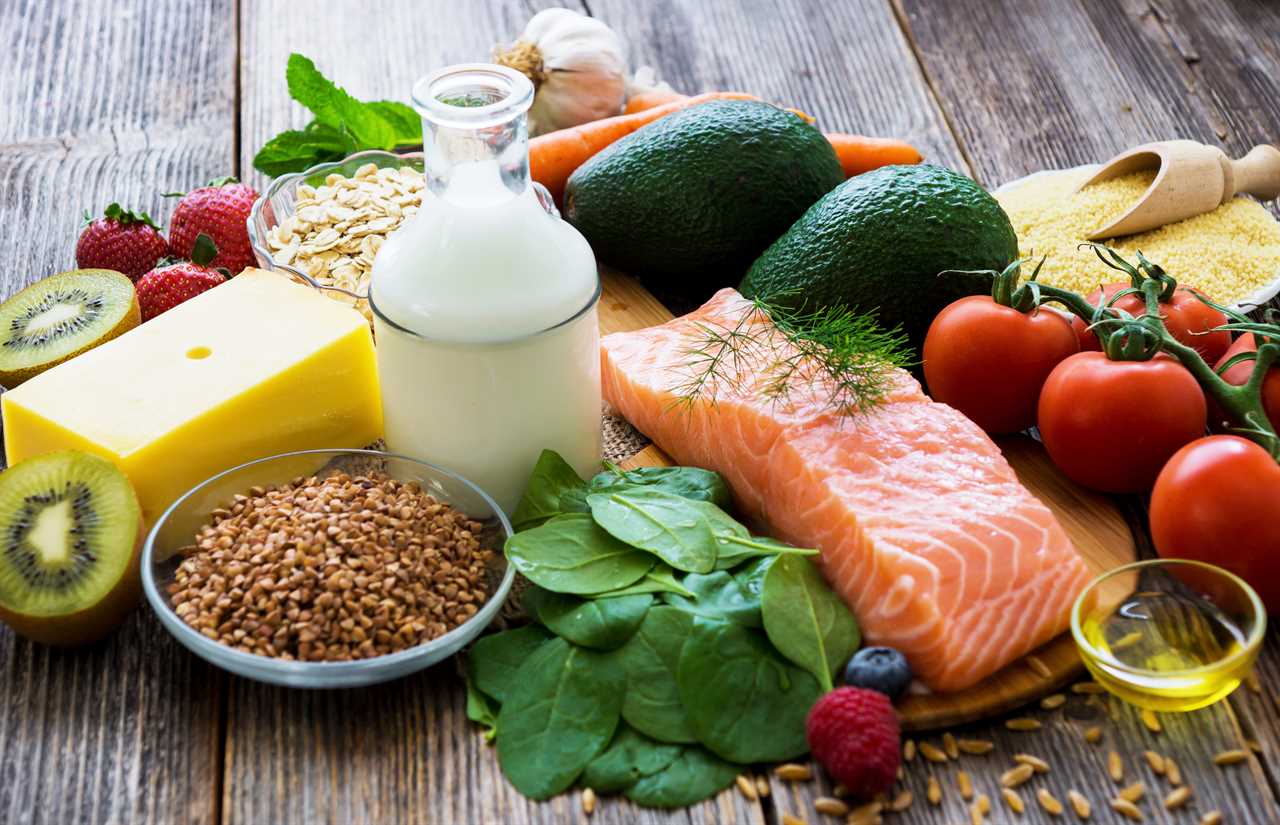 |
Joseph Wang LIVE (Bank Bailouts and Moral Hazards Deep Dive)buy my stuff Come to rebel capitalist live at https://rebelcapitalistlive.com Check out my private, online investment community (Rebel Capitalist Pro) |
 |
Organic Farming and Soil HealthOrganic farming practices promote soil health through crop rotations, symbiotic associations, cover crops and minimum tillage. These management.. |
 |
Research Reveals How Your Body Reacts When You Eat Only Organic FoodsThere is a growing belief that organic foods are healthier for us than non-organic foods. This ever-increasing belief is responsible for significant growth in |
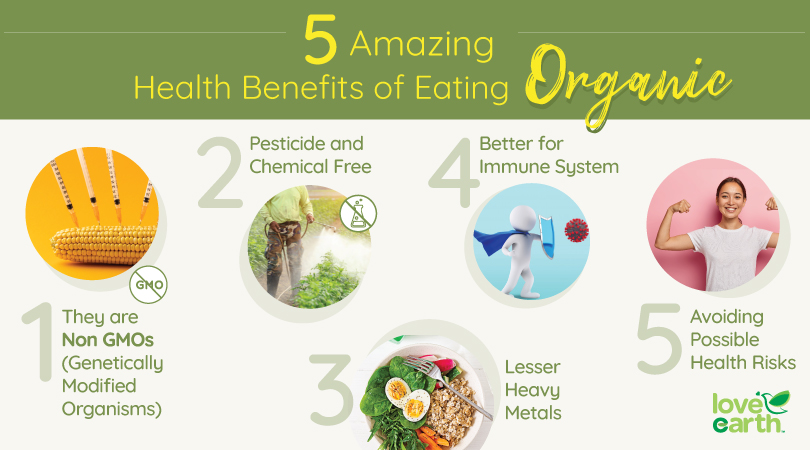 |
Stop Wasting Money on These ORGANIC Veggies (you don’t need to buy them organic)Click Here to Subscribe: http://Bit.ly/ThomasVid Get MY Recommendation on Groceries Delivered to Your Doorstep with Thrive Market: http: […] |
 |
If You Eat an Avocado a Day For a Month, Here''s What Will Happen to YouWhat Will Happen to Your Body If You Eat Avocado Every Day. The avocado is a unique fruit with multiple nutritional and health benefits. How would your body |
 |
Korean GardeningKorean gardening is one of the oldest ways to grow plants. It involves planting herbs, fruits, and vegetables that are used in kimchi, a type of.. |
 |
The Rodale InstituteThe Rodale Institute is a nonprofit organization that aims to support research into organic farming. It was founded in 1947 by J. I. Rodale, an.. |
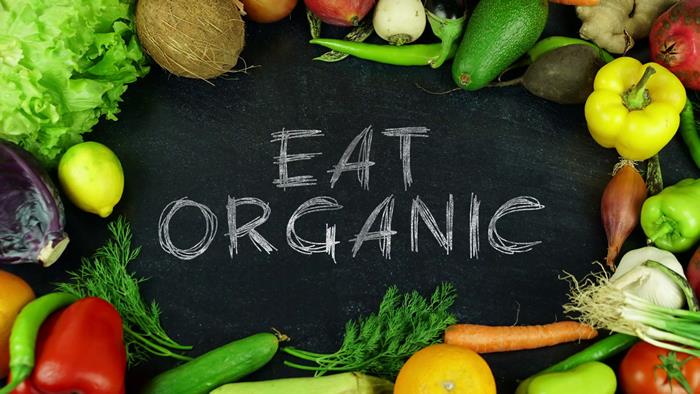 |
Organic eatingOrganic Cultur |
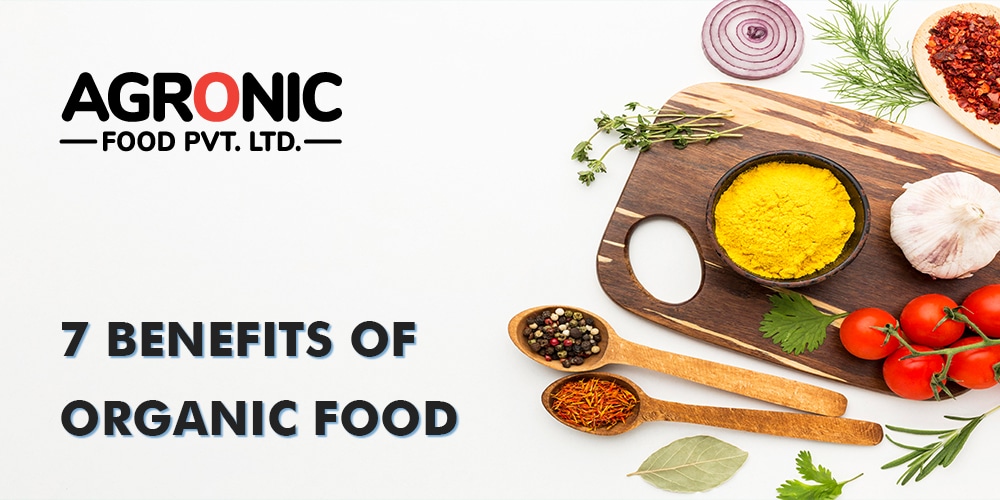 |
What is a Conventional Farm?Conventional farm is the term used to describe a farm that is not organic. It is a form of agriculture that is associated with better soil quality,.. |
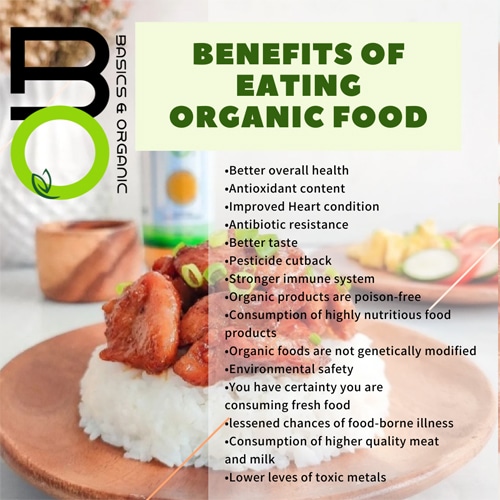 |
Chhattisgarh's Organic Farming SchoolsThe government of Chhattisgarh has started to introduce organic farming schools. This initiative is intended to provide the young generation with the |
 |
Can Organic Be GMO?The question Can organic be GMO is an ongoing debate among many consumers. While it's possible to eat foods that have been produced using genetic.. |
 |
When Did Organic Food Start?The answer to the question when did organic food start? will vary depending on the time period in which you are looking at. For instance, it may be a |
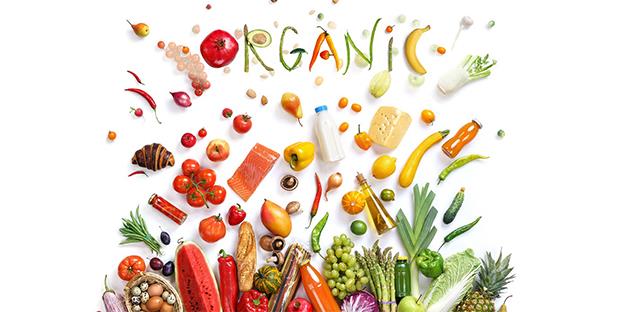 |
Organic Farming PrinciplesOrganic farming is a practice that is designed to be sustainable and healthy. Its principles include avoiding harms produced by industrial farming.. |
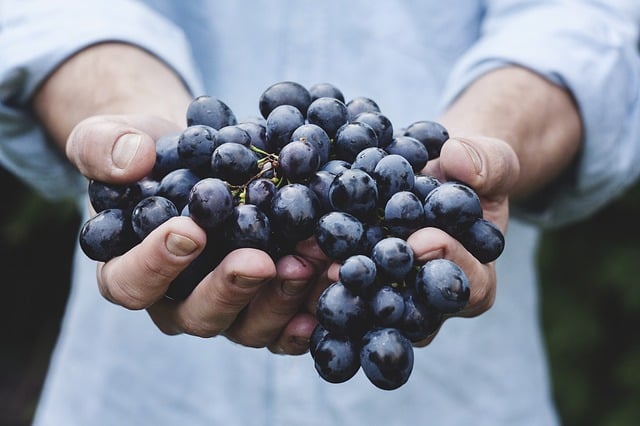 |
Soil Composition and BiodiversityThe soil that we have around us is a vital part of our lives. It is the home for many plants and animals. It also has a texture, a color, and many.. |
 |
The Benefits and Pitfalls of Organic Farming OrganizationsOrganic farming is an approach to farming that is not only ecologically sound, but also financially feasible. It is a method that is free from.. |
 |
Exotic VegetablesWhen it comes to vegetables, there are plenty of choices to choose from. Some of the most popular choices include broccoli, corn, carrots, and.. |
 |
Learn How to Become an Organic Farmer Through a Training ProgramIf you are looking to become an organic farmer, there are several ways you can do so. One option is to take a training program that will teach you.. |
 |
Benefits of Cover CropsIf you aren't familiar with cover crops, you may be surprised to learn that they are plants that are planted to grow on top of the soil to help.. |
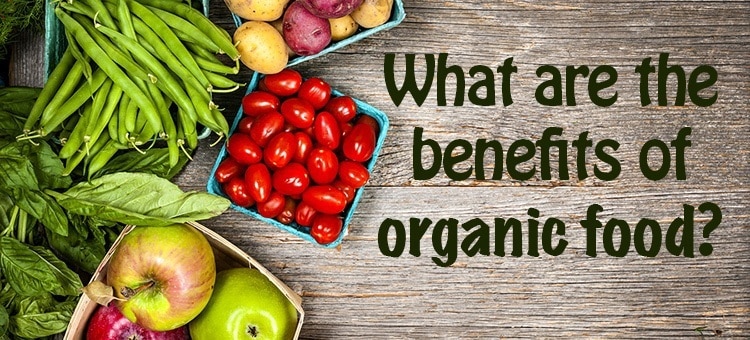 |
What is Organic Cotton?Organic cotton is the type of cotton that is grown without using pesticides or chemicals. It is also the type of cotton that is grown in subtropical.. |
 |
Is Organic Farming Beneficial to Biodiversity?Organic farming is a growing interest in the scientific community, and researchers have been investigating whether the practice is beneficial to.. |
 |
The Benefits of CompostingComposting your waste can be a very effective way of ensuring that your organic material is being broken down to the best of its ability. When.. |
 |
The Difference Between Organic Milk and Regular MilkOrganic milk is a type of milk that comes from livestock that is raised according to organic farming methods. This is a term that is regulated by.. |
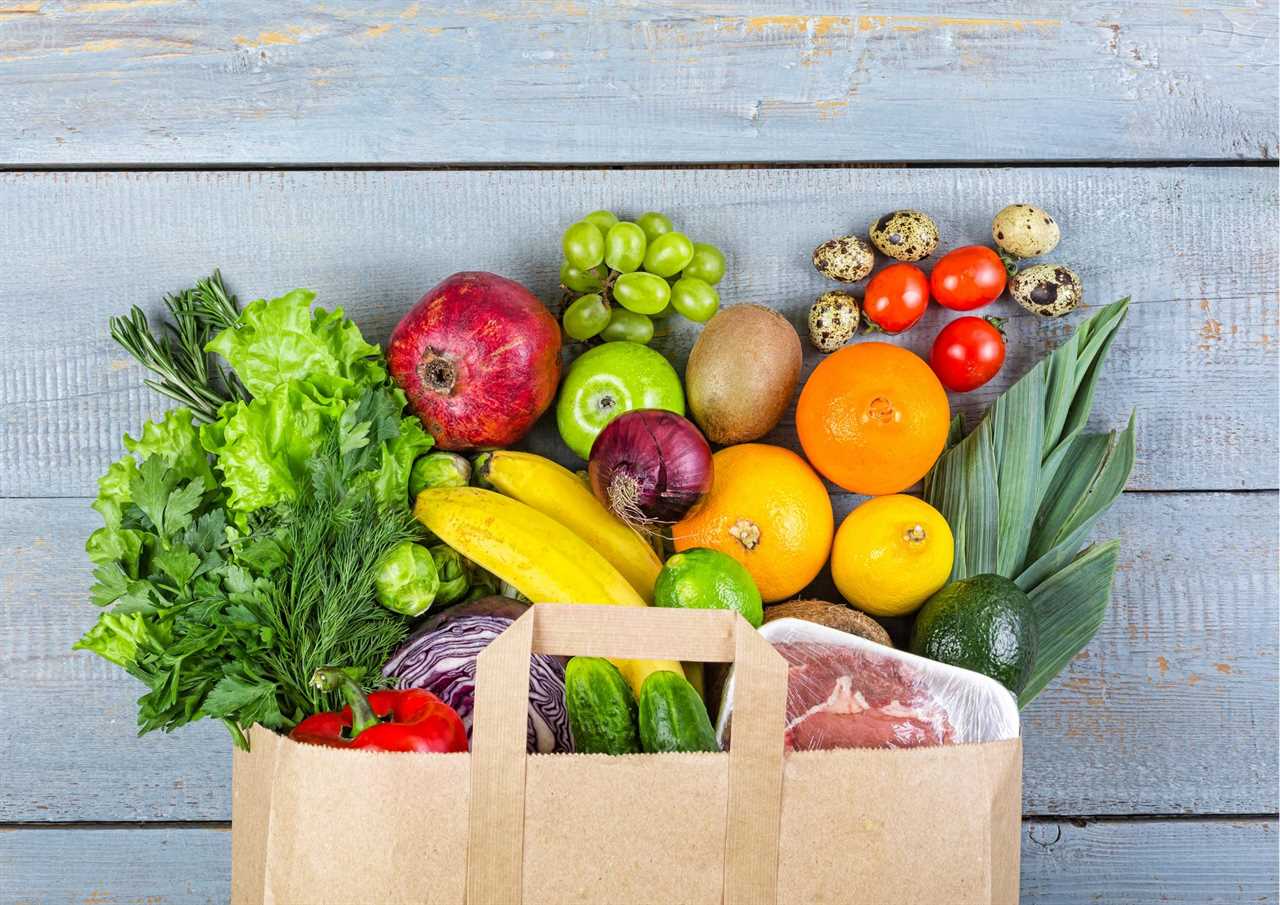 |
Organic Farming MagazineOrganic farming magazine is a resource that provides you with the latest information on organic agriculture, health, and sustainability. It also.. |
 |
The Latest Research on Organic | The Organic CenterResearched articles about eating Organic food |
.png)





